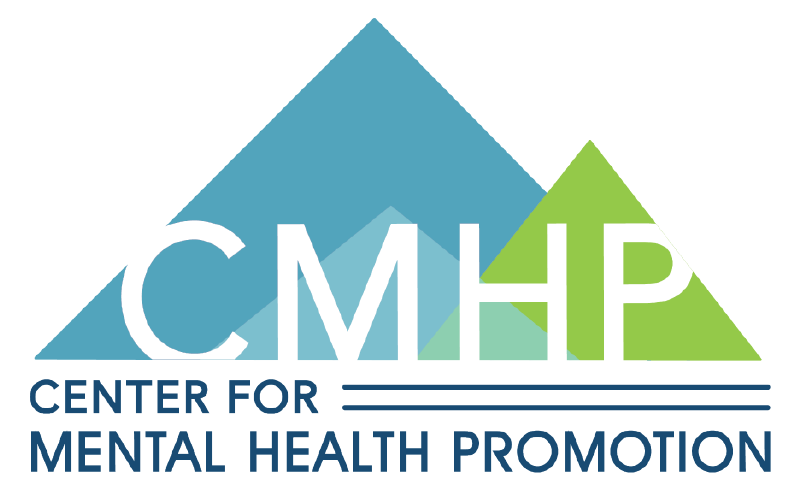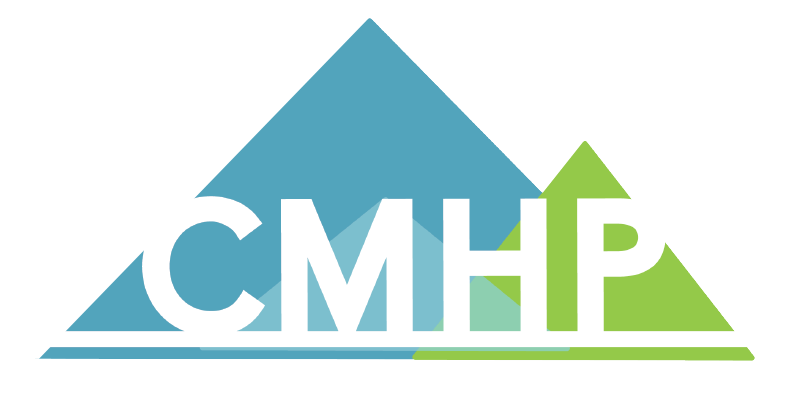- identifying mental health concerns
- locating high-quality mental health resources
- responding to mental health concerns and crises.
Mental Health Awareness and Advocacy
The Mental Health Awareness and Advocacy (MHAA) curriculum helps participants learn three processes:
- recognize warning signs of mental health issues
- find high-quality mental health resources
- respond to those that have expressed they are struggling
Through engaging in interactive activities, the trainings help participants notice and respond to warning signs of mental health issues and refer those that are struggling to high-quality resources. The primary purpose of these trainings are to help educate and increase the confidence of community members to help prevent mental health issues from occurring or worsening in those they interact with. These trainings have been provided both in-person and online in various formats such as a 16-week undergraduate course, a series of 3 1-hour sessions, and self-paced online trainings. The curriculum has been adapted to meet the needs of specific groups such as individuals in rural areas, youth leaders and extension staff.
Supporting Our Youth
As a youth leader, you have the potential to positively impact youth at an age where they may be most at risk for developing mental health concerns. Half of chronic mental health issues, including depression, anxiety, bipolar disorder, psychosis, and eating disorders, begin by age 14, making this developmental window important to be able to prevent mental health issues from occurring or worsening. As a youth leader, you can develop the skills to help support the mental health of youth that you serve. By doing so, we can help create healthier communities and develop better supports for youth to live successful lives.
This course will help you learn three skills to help support youths’ mental health:
Each of these skills are described briefly below.


Identifying Mental Health Concerns:
Identifying mental health concerns includes being able to recognize common warning signs of mental health concerns and how they might present in the youth that you serve.
Locating High-Quality Mental Health Resources:
After you recognize that one of your youth might be experiencing a mental health concern, it is important to know what resources are available in your area that can help. This course will help you learn how to sort through resources to find those that are research based for youth.
Responding to Mental Health Concerns and Crises:
Once you have found resources, it is important to have a conversation with your youth and their parents or other trusted adults about mental health and how to access resources. In this section you will learn important communication skills based on empathy and compassion, how to determine the level of risk the youth might be experiencing, and important steps that need to be taken to respond to a mental health crisis effectively and professionally.
This course is self-paced and will take approximately 3 hours to complete. At the end, you will have the opportunity to participate in live consultation webinars with the creators of this training to ask questions and practice your skills. It may be helpful to keep a list of questions you have throughout the course.
To sign up for the course, click here.
For more information, contact us.
Mental Health Awareness and Advocacy for Ag
This course is designed to help you, someone that is working in the agricultural industry and regularly comes into contact with farmer/ranchers/agricultural workers, to have the skills to know when someone’s stress might benefit from additional help and resources. To do this, we’ve developed a toolbox of evidence-based skills that can help prevent mental health concerns from occurring or worsening (Jorm, 2012; Aller et al., 2021). We’ve broken these skills down to mini-lessons that can be completed independently or as an entire course. While we believe that the course works best by completing every module, each module is developed as a stand-alone product so that if you are on time constraints you can work on one skill at a time and add them to your toolbox.
Our toolbox is divided into three main skillsets that will help you respond more effectively in your communities as an advocate:


Identifying Mental Health Concerns
Get to know the signs that someone might be experiencing more than normal levels of stress, sadness, or worry. We’ll walk you through real life scenarios so that you can practice and feel confident in identifying mental health concerns as a community member.
Locating Effective Resources
Once you identify someone in need, it is important to know what resources in your community might be most helpful to support someone’s mental health journey. In this section, we discuss what makes resources useful and how to locate them in your individual communities.
Responding to Mental Health Concerns
Talking to those in your community about their mental health might seem a bit scary or even overwhelming. In this section, we’ll talk through skills that can be helpful in connecting community members with effective resources, deescalating crises that may arise, and maintaining healthy boundaries.
Becoming a Mental Health Advocate Webinar Series
This live webinar series consists of 3 1-hour webinars. Each webinar will cover one of the three processes of becoming a mental health advocate: 1) recognize warning signs of mental health issues, 2) find high-quality mental health resources and 3) respond to those that have expressed they are struggling. Through engaging and interactive activities, the training will help attendees notice and respond to warning signs of mental health issues. Attendees will also practice having referral conversations to learn to respond in an empathetic way and refer those that are struggling to high-quality resources. The primary purpose of the training is to help educate and increase the confidence of community members to help prevent mental health issues from occurring or worsening in those they interact with.
To schedule a webinar series, contact us.

Custom Mental Health Awareness and Advocacy Training
Are you interested in hosting Mental Health Awareness and Advocacy trainings, but do not see one here that meets the specific needs of your group? Contact our team, and we will discuss ways that we can collaborate to meet your training needs with custom online or in-person trainings.

